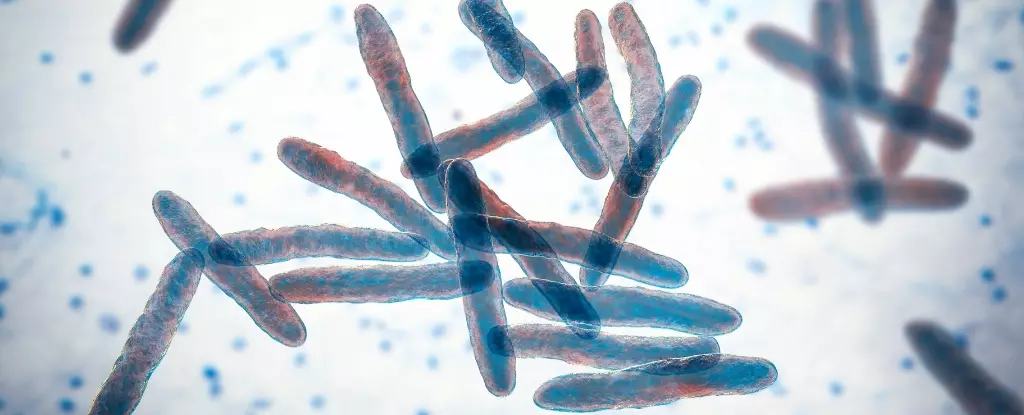Buruli ulcer, also known as Bairnsdale ulcer, has been a growing concern in Victoria, Australia. The number of reported cases has reached its highest point in over a decade, with 363 individuals presenting with the infection last year alone. This flesh-eating bacteria, caused by Mycobacterium ulcerans, starts off as a small mosquito bite and gradually develops into an ulcer, causing severe destruction to the underlying tissue. Although treatable with a course of specific antibiotics and occasionally surgery, the spread of Buruli ulcer remains a pressing issue.
For years, researchers have been puzzled by how Buruli ulcer spreads. The Australian native possums were previously identified as culprits in its transmission, but suspicions pointed towards mosquitoes playing a role as well. Recent research finally sheds light on this mystery, confirming the link between mosquitoes and the spread of Buruli ulcer.
A team of experts, including Tim Stinear, Stacey Lynch, and Peter Mee, conducted extensive surveys across a 350 km² area in Victoria to investigate the transmission of the disease. They collected mosquitoes and analyzed the specimens to determine whether they carried the pathogen and their associations with infected possums and humans. In a similar manner to contact tracing for humans, this research traced the sources of infection among mosquitoes.
Through molecular testing of the collected mosquitoes, the team found that only the Aedes notoscriptus species carried Mycobacterium ulcerans. Further genomic tests established a connection between the bacteria found in the mosquitoes, possum feces, and humans with Buruli ulcer. The researchers also discovered that Aedes notoscriptus was feeding on both possums and humans through analysis of mosquito specimens containing blood.
Furthermore, geospatial analysis revealed that the areas where human Buruli ulcer cases occurred overlapped with regions where both mosquitoes and possums carrying Mycobacterium ulcerans were active.
Aedes notoscriptus, commonly known as the Australian backyard mosquito, emerged as the primary mosquito species responsible for spreading the bacteria. This mosquito species lays its eggs around water in various backyard habitats. Consequently, controlling “backyard” mosquitoes is crucial to reducing the risk of mosquito-borne diseases such as dengue and Buruli ulcer.
There are several effective measures individuals can take to prevent the spread of Buruli ulcer and other mosquito-borne diseases. Eliminating areas where water collects after rainfall, such as potted plant saucers, blocked gutters and drains, unscreened rainwater tanks, and various plastic containers, is paramount. These areas should either be emptied weekly or disposed of entirely.
Although insecticides can aid in reducing mosquito populations, they may also harm beneficial insects. Therefore, using residual insecticides judiciously around the house and garden is recommended. However, there are ecological and safe insecticides specifically designed for water-filled containers, such as ornamental ponds and stormwater pits.
In addition to controlling mosquitoes, personal protection measures against mosquito bites remain the first line of defense. Wearing loose-fitted, long-sleeved shirts, long pants, and covered shoes can physically protect individuals from mosquito bites. Applying topical insect repellent to all exposed areas of skin is also crucial. Repellents containing diethytolumide (DEET), picaridin, or oil of lemon eucalyptus have been proven to be safe and effective in protecting against mosquito bites.
While the rise in Buruli ulcer cases poses a significant health concern, it is essential to address the broader issue of mosquito-borne diseases. The recent research confirming the role of mosquitoes in the transmission of Buruli ulcer highlights the importance of implementing preventative measures. By tackling the spread of mosquitoes and taking necessary precautions to avoid mosquito bites, individuals can contribute to reducing the incidence of Buruli ulcer and other mosquito-borne diseases.


Leave a Reply